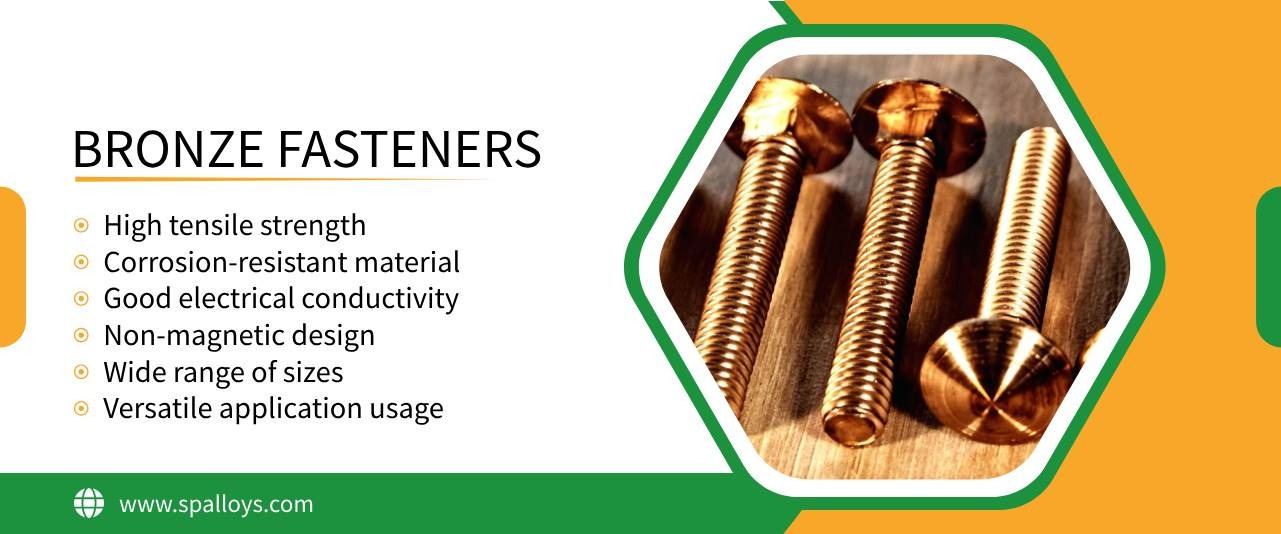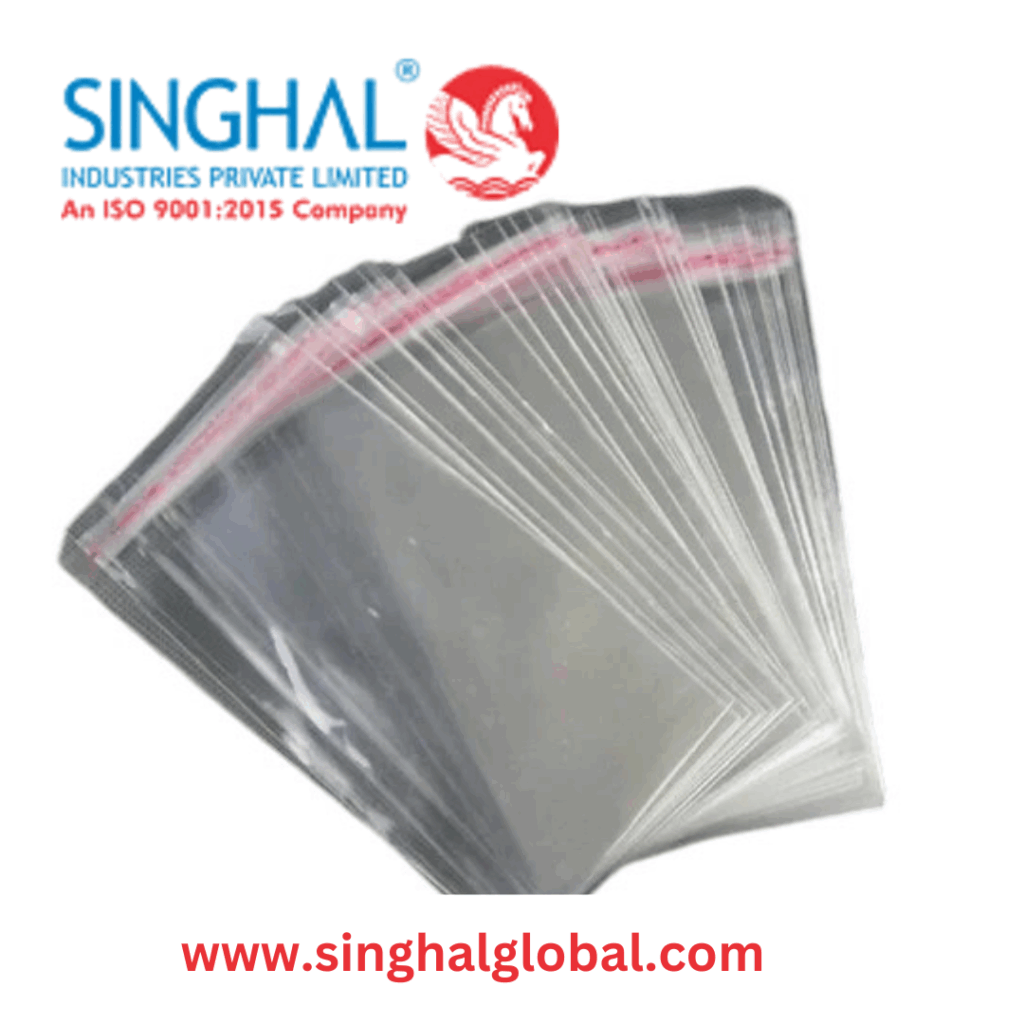Industrial piping systems demand materials that offer durability, flexibility, and reliability. Bronze fasteners have emerged as a popular choice for industrial applications, thanks to their outstanding mechanical properties and versatility. These fasteners seamlessly combine strength with flexibility, ensuring optimal performance in various environments. Whether you’re working in marine applications, energy plants, or manufacturing facilities, bronze fasteners provide the solutions you need.
What Are Bronze Fasteners?
Bronze fasteners are metal components made from an alloy primarily composed of copper and tin, sometimes with small additions of other elements like zinc or aluminum for enhanced performance. These fasteners, which include nuts, bolts, screws, and washers, are designed to securely join or fix components in everything from industrial machinery to piping systems.
Bronze is preferred for fasteners due to its exceptional corrosion resistance, conductivity, and tensile strength. This makes it a reliable material in challenging environments where standard steel fasteners may fail.
Key Features of Bronze Fasteners:
- Resistance to Corrosion: Performs exceptionally in harsh environments, particularly those with exposure to saltwater, acids, and chemicals.
- Non-Magnetic Properties: Ideal for use in applications where magnetic interference must be avoided.
- High Strength and Flexibility: Retains toughness while allowing flexibility under stress or vibration.
- Aesthetic Appeal: Its natural bronze finish offers a visually appealing design.
What Are Bronze Fasteners Used For?
Bronze fasteners are versatile and employed in a wide range of industries. Their properties make them suitable for applications where other materials might fall short. Below are some common uses:
1. Marine Applications
One of the primary uses of bronze fasteners is in marine environments due to their excellent resistance to corrosion caused by seawater. These fasteners are commonly used in:
- Dock construction
- Boat assembly, including the anchoring of components like propellers
- Shipbuilding and offshore platforms
Bronze Fasteners Manufacturers specifically design products that ensure long-term durability in saltwater conditions, reducing maintenance downtime.
2. Industrial Piping Systems
Bronze Fasteners are widely used in piping systems, particularly in chemical processing plants where exposure to moisture, chemicals, and extreme temperatures are prevalent. Their flexibility ensures that they maintain tight seals while withstanding vibrations and pressure changes.
3. Energy Sector
From nuclear reactors to renewable energy projects, bronze fasteners help secure critical components in energy production systems. Their stability in high-temperature environments makes them a dependable choice for turbines, valves, and other high-stress applications.
4. Electrical Technology
Bronze is a good conductor of electricity, making these fasteners a logical choice for electrical systems. They help securely fasten parts while ensuring an uninhibited flow of electricity, reducing resistance and supporting better energy transfer.
5. Aerospace Industry
The non-magnetic property and stability of bronze fasteners make them suitable in aerospace systems, especially in components prone to both dampness and pressure changes during flight.
6. Automotive and Heavy Equipment
Due to their wear resistance, bronze fasteners are used in the manufacturing of machinery and automobiles, particularly in parts exposed to friction or mechanical stress.
Properties of Bronze Fasteners
1. Corrosion Resistance
Bronze fasteners have superior resistance to rust and oxidation, even in environments with high moisture or chemical exposure. This makes them suitable for applications where traditional steel fasteners would corrode quickly and fail.
2. High Strength and Ductility
The combination of strength and ductility allows bronze fasteners to endure mechanical tension without cracking or breaking. This is particularly important in industrial piping systems, where joints are under constant strain.
3. Thermal Stability
Bronze is highly resistant to temperature changes, meaning it doesn’t expand or contract excessively with fluctuations. This property makes it an excellent choice for piping systems and equipment subjected to high heat.
4. Wear Resistance
Due to its ability to resist frictional wear, bronze fasteners are frequently found in rotating machinery or components that experience repetitive motion.
5. Non-Sparking and Non-Magnetic
Bronze fasteners are safe for explosive environments, such as chemical plants and mines, as they do not spark on impact. Additionally, being non-magnetic means they won’t interfere with machinery sensitive to magnetic fields.
Benefits of Using Bronze Fasteners
1. Durability in Harsh Environments
Bronze fasteners outperform other materials in environments with high exposure to moisture, corrosive chemicals, or saltwater. This guarantees longer-lasting performance.
2. Sustainability
Bronze is a recyclable material, making fasteners an eco-friendly choice for industries looking to reduce their environmental footprint.
3. Low Maintenance
Given their corrosion resistance and wearing tolerance, bronze fasteners require little maintenance over their operational life—saving time and costs for industrial operators.
4. Versatile Application
From marine to energy and beyond, these fasteners can be tailored to meet unique needs, thanks to their customizable designs and sizes offered by top manufacturers.
5. Enhanced Safety
For environments prone to sparks or magnetic interference, bronze fasteners provide a safer alternative to steel options.









